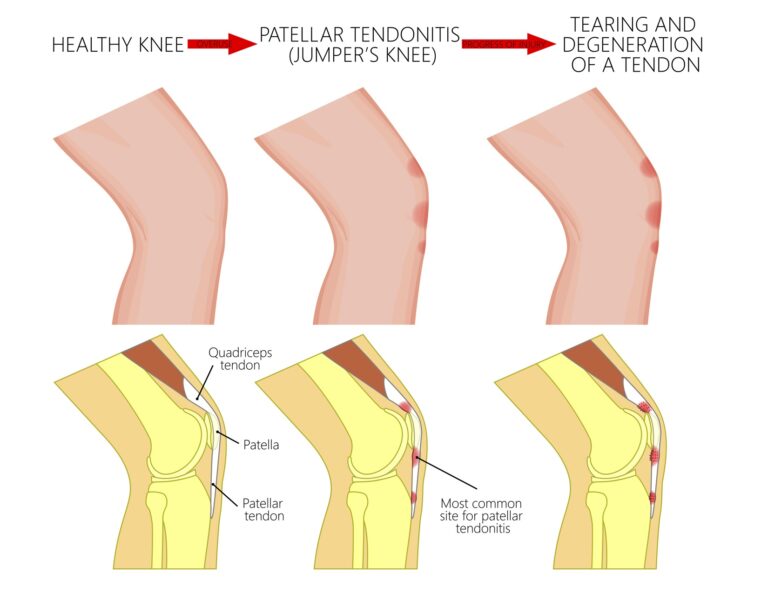Are you having knee pain, and you’re not sure why? Or have you been told you run pigeon toed before?
There are many causes of knee pain that could stem from an early age. The term “pigeon toe” is often times derived from a clinical diagnosis called Tibial Torsion. This means that your tibia (or shin bone) is rotated internally or externally which causes your feet and hips to realign with the appearance of having a “pigeon toe” gait. In effect, this can lead to increased knee pain throughout your adult life if it is not addressed and corrected.
What are the long term consequences of not treating tibial torsion?
You will most likely develop poor lower body mechanics and experience increased pain in your feet, knees and hips with activity. Furthermore, the combination of physical activity and poor body mechanics can progress into osteoarthritis; a degenerative disease that worsens over time. Over time, pain and discomfort may also develop further up the chain into your sacroiliac joint or lower back.
When pain starts to aggregate in the knee joint, it can cause a few different things including Patellofemoral Pain Syndrome. PFPS is simply caused by maltracking of the patella bone over the tibiofemoral joint, which results in damaged cartilage tissue over time. When the kneecap is not properly aligned, palpable pain above or below the knee as well as knee instability and overall weakness are all experienced and commonly aggravated with climbing stairs or squatting. Another diagnosis to consider is Patellar Tendonitis (aka Jumper’s Knee) which develops with overuse of the patellar tendon.

What can you do about it?
The most effective way to diagnose PFPS or Patellar Tendonitis is by analyzing one’s gait and compensation patterns. A physical therapist, here at Core Performance Physical Therapy, will examine your hip flexion, knee extension and hip external/internal rotation upon your first visit to determine any range of motion and/or strength deficits and create a catered program to address your faulty mechanics. Other common signs and symptoms of PFPS include popping, clicking, or audible noises coming from the knee joint.
Call our office today for your personalized gait analysis!

Comments